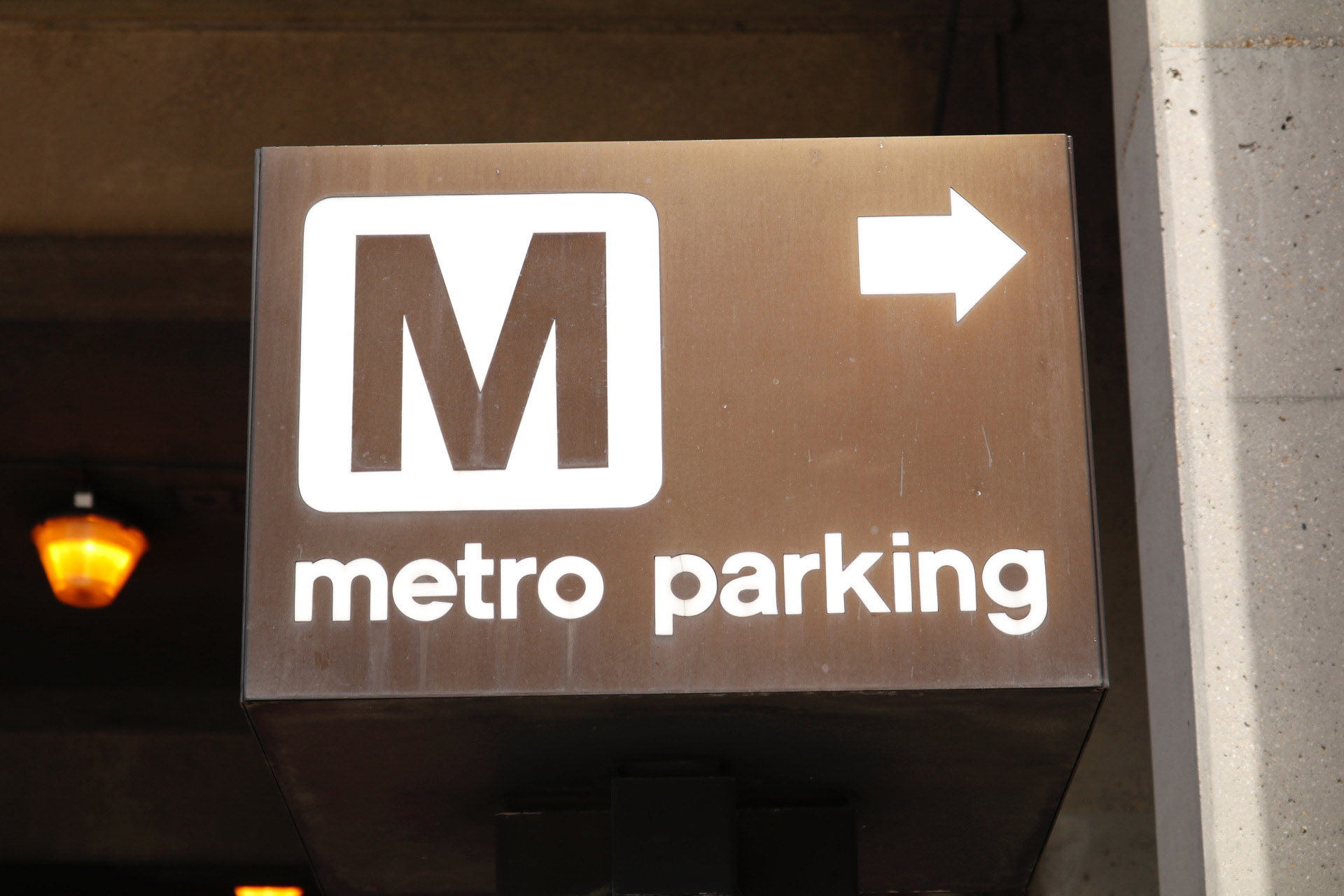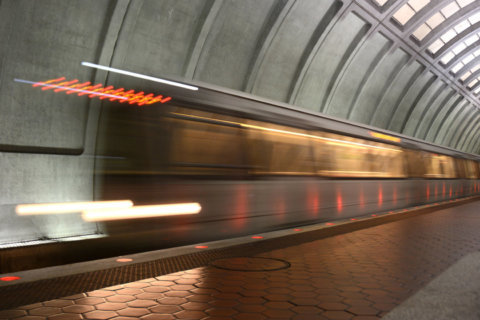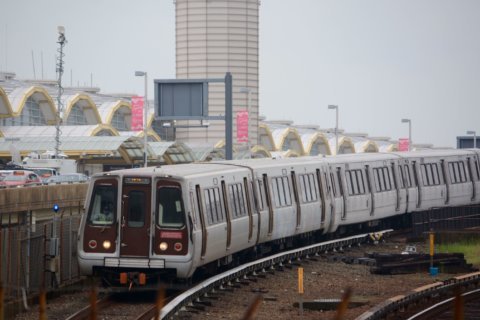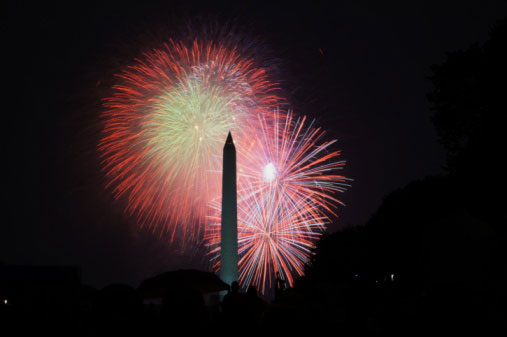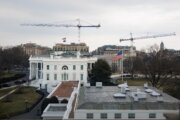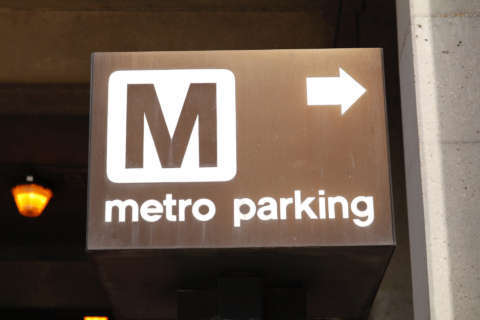
WASHINGTON — It could soon cost more to ride Metro on busy weekends, and parking fees could get more complicated if the Metro Board approves a pair of proposals on Thursday.
If approved, Metro will charge riders peak fares on weekends or holidays when there are large events in the region, like Fourth of July celebrations. The change would take effect immediately, with the ultimate decision as to which days it should apply left up to Metro management.
The Metro Riders’ Advisory Council is concerned about the proposal.
“Given that the amount of service provided in normal peak hours has decreased in recent years because of increased headways, is there a minimum definition for what constitutes ‘peak service’ and warrants peak fares,” the council asked in a letter to the board.
The body also asked how riders would know which days the higher rates are in effect, whether they would apply at times like next year’s Blue and Yellow Line shutdown, and if there will be a report after an event detailing how much additional service was provided.
Metro’s proposal said it would also allow sponsorships in lieu of peak fares for specific events.
Parking fee changes
During those large events, Metro would also start to charge full weekday parking fees on weekends and federal holidays, as part of a second proposal.
The new idea would make changes to weekend parking fees and tweak weekday parking rules.
On other weekends, however, Metro now has enough information to evaluate the impact of its February decision to charge for parking. The board said charging $2 for parking on Saturdays drove down rail ridership by about 20 percent.
Fare revenue dropped by $970,000 due to the Saturday parking fees this year. While the agency collected $950,000 in parking fees, a majority of that was only due to the significantly higher fee charged to people who paid with a credit card compared to a SmarTrip card. Some unsuspecting riders who didn’t have enough credit on their fare card may have paid between $8.95 and $10 depending on the station, rather than $2.
Metro determines whether drivers leaving a garage are rail riders based on whether or not they pay with a SmarTrip card just used to ride the system. While Metro staff recommends scrapping the weekend parking fee for rail riders, they still want to charge nonriders to park on weekends and holidays.
It means someone who taps a SmarTrip after completing a rail trip would leave the garage cost free once the new rules take effect next year, while someone paying with a credit card would pay full price.
On weekdays, Metro parking fees would be collected beginning closer to when the system opens rather than starting at 9:30 a.m. In a 10-month trial period with fees beginning for drivers who exited at 7:30 a.m., Metro said it collected about $395,000 in revenue during the extended hours, nearly all from nonriders using the lots overnight.
At Landover and West Falls Church stations only, weekday parking rates will remain lower than other stations (as they have since February). Metro found the reduced $3 rate at those stations with extra spaces available may have encouraged Metro riders to use the system more frequently.
Metro’s proposal said it may start accepting phone-based parking payments in some locations, with parkers paying additional processing fees, and that it might allow multiday parking beyond just Franconia-Springfield, Greenbelt and Huntington stations.
The new multiday parking rates would be calculated like this: the station’s non-rider parking fee would be charged for the first day, then the regular daily fee would be charged for each additional day.
The Metro Board is also set to approve charging up to $25 for parking at any rail stations near a special event, similar to the fees currently imposed at Largo Town Center or Morgan Boulevard during FedEx Field, and at College Park during University of Maryland events.
If approved, the new permanent parking changes would take effect by July 2019.

